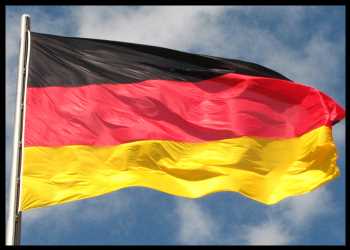German Consumer Morale To Strengthen In April
Despite the rising recession fears, confidence among German consumers strengthened for the sixth consecutive month on improving income expectations, a closely-watched survey by the market research group GfK revealed Wednesday.
The consumer confidence index for April climbed to -29.5 from -30.6 in March, the Nuremberg-based GfK said. The reading for March was slightly revised from -30.5. The expected score was -29.2.
The survey carried out between March 2 and 13 showed a mixed picture. Although consumer sentiment continued its recovery, the momentum was noticeably slower than in the previous months.
Within three sub-components of consumer confidence, income expectations strengthened in March and the propensity to buy hardly changed. By contrast, the economic expectations suffered a setback after four straight months of increase.
At -24.3, the income expectations index gained three points to hit a 10-month high in March. Nonetheless, the level of income expectations remained very low.
Rolf Burkl, GfK consumer expert, said the falling energy prices have boosted income prospects of households. Nevertheless, Burkl noted that inflation will remain high.
Further, the GfK expert said the expected loss of purchasing power continued to dampen a sustained recovery in domestic demand.
GfK said private consumption is unlikely to provide any positive contribution to recovery.
Despite the strong improvement in income prospects, the propensity to buy gained only 0.3 points to -17.0 in March. The stagnating development in the propensity to buy signals uncertainty among consumers, Gfk said.
After four consecutive increases, the economic expectations index dropped 2.3 points to 3.7 in March. Economic confidence remained above its long-term average of around zero.
The German economy is widely expected to undergo a recession. Gross domestic product is likely to drop slightly in the first quarter after a 0.4 percent fall a quarter ago, GfK said.
However, the experts are currently projecting the largest euro area economy to recover somewhat in the second half of the year, the research group added.
Source: Read Full Article

